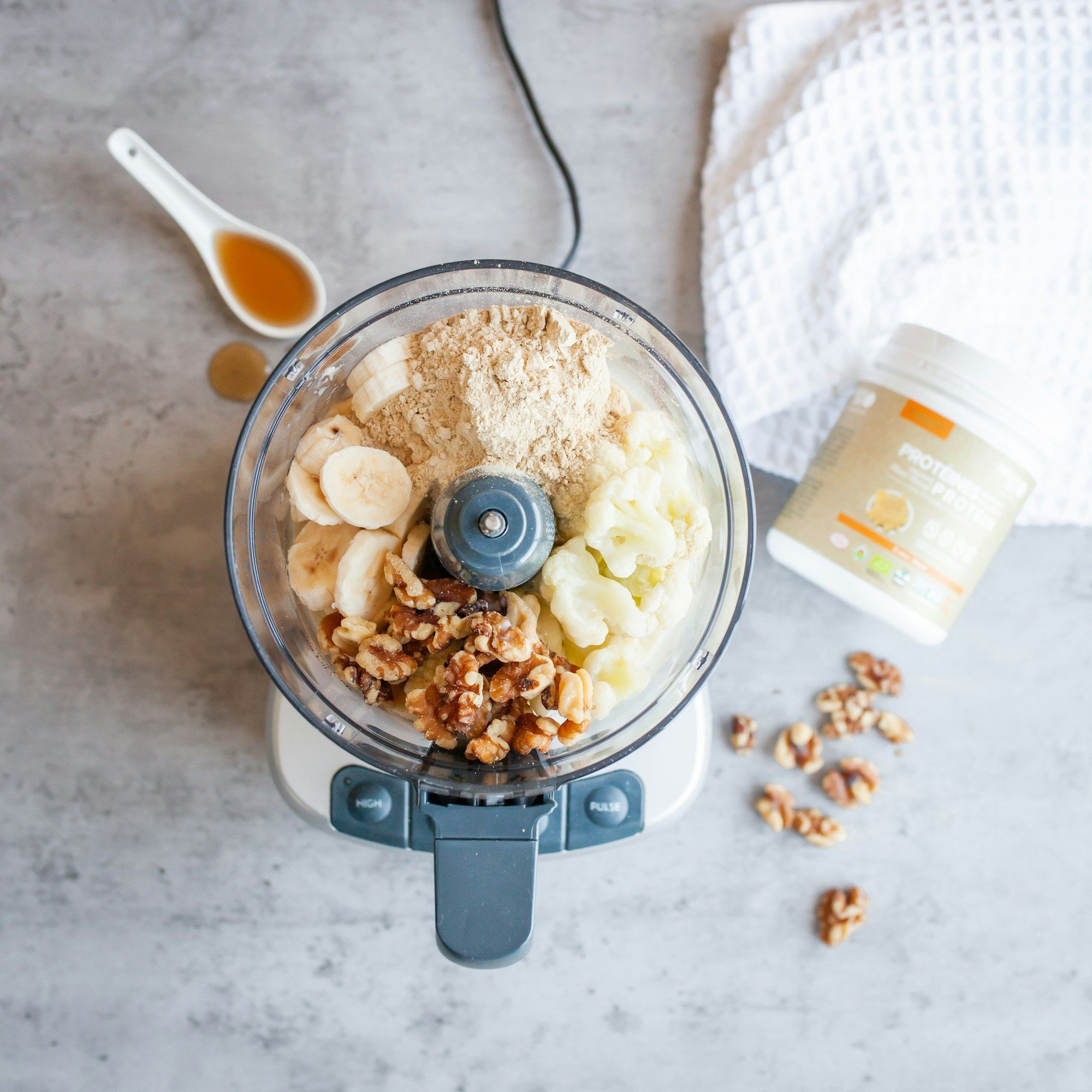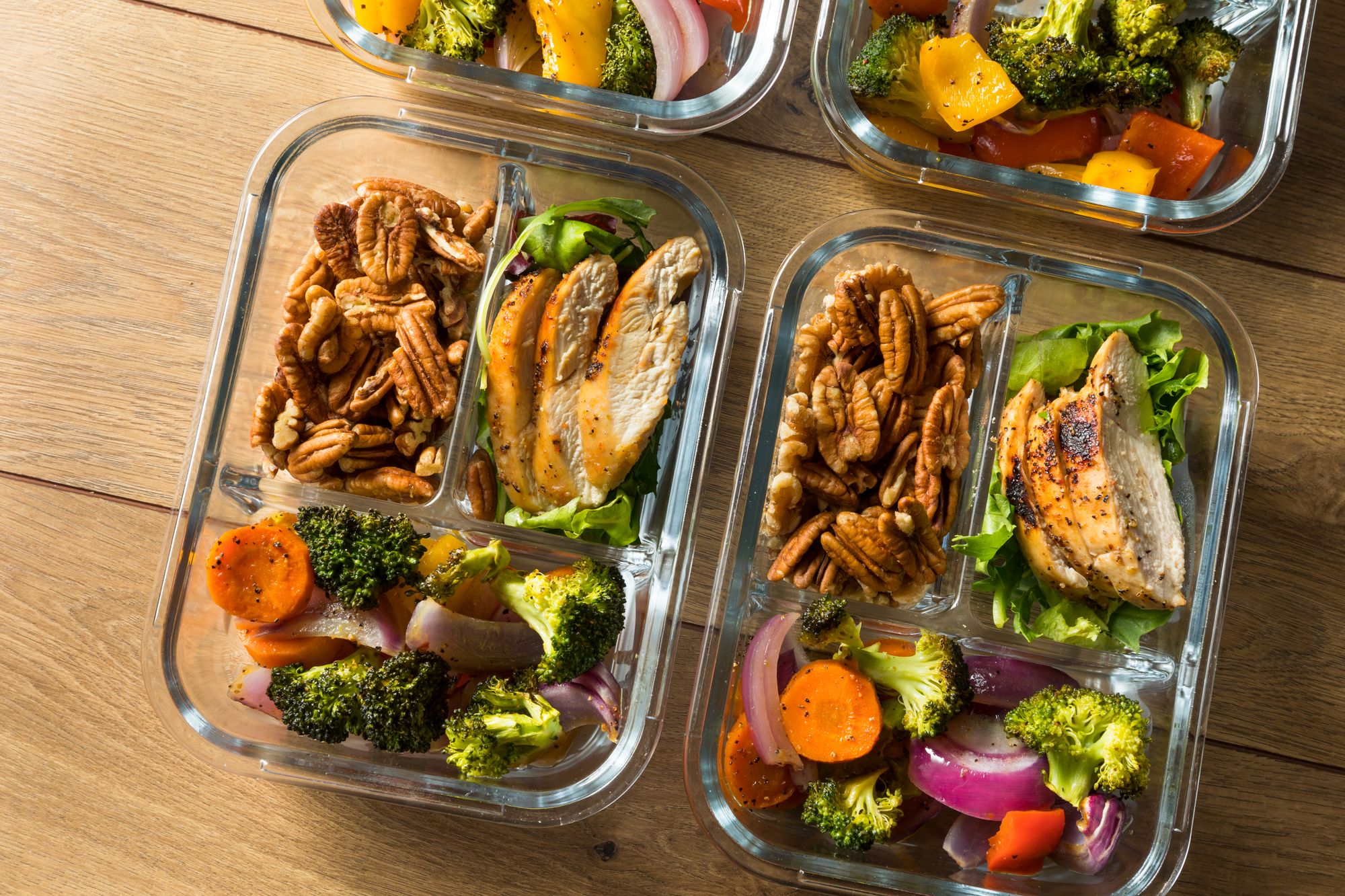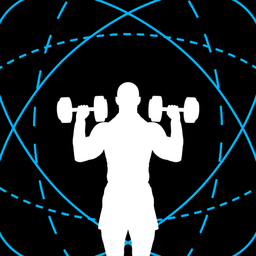Do Intermittent Dieting Strategies Help Weight Loss? (Cheat Meals, Refeed Days, and More)
Cheat meal. Refeed days. Diet breaks. They help with weight loss, right? Here's what the latest research on intermittent dieting strategies says.

If you’ve been a long-time reader of the GymStreak blog (thank you for your support! ❤️), you’d know that we don’t shy away from admitting when we get something wrong.
So, in light of recent research, we must change our previously supportive stance on diet breaks and refeeds.
Why use intermittent dieting strategies?
For the uninitiated, the additional calories intermittent dieting strategies provide during a calorie-restricted diet were thought to provide physiological and psychological benefits.
There are 3 popular intermittent dieting strategies, in order of increasing duration spent consuming more calories (than you would have on a continuous energy-restricted or CER diet):
- Cheat meals: A single ad libitum (as much as desired) meal
- Refeeds: 1 to 3 days of eating at maintenance calories
- Diet breaks: 1 to 2 weeks of eating at maintenance calories
Research says we’ve been … overly optimistic
As it turns out, intermittent dieting strategies may not deliver either of those benefits.
More specifically:
- This 2024 meta-analysis, published in Nutrition Reviews, found only modest physiological benefits associated with large magnitudes of weight loss.
- This 2024 meta-analysis published in Dietetics found that intermittent dieting strategies may — ironically — be psychologically counterproductive for some individuals. That’s because cheat meals, refeed days, and diet breaks could prompt a loss of control and turn into binge-eating episodes.
How to approach intermittent dieting strategies
This means that if you’re thinking about implementing intermittent dieting strategies, you should ask yourself the following questions, in order:
Do I have a lot of weight to lose?
In general, your current body mass index (BMI) can give you a good gauge of your answer*.
You can calculate your BMI by dividing your weight in kg by your height in m, squared.
Here’s an example:
- Weight: 70 kg
- Height: 1.75 m
- BMI = 70 kg / (1.75 m)² = 22.9 kg/m²
And here’s how to interpret your BMI value. If it’s:
- < 18.5: Underweight
- 18.5 to 24.9: Healthy weight
- 25.0 to 29.9: Overweight
- ≥ 30.0: Obese
*Of course, the BMI value is not perfect. It doesn’t account for your body fat percentage. But for all purposes and most people, the BMI value is still a useful starting measure of how much weight you should lose.
If you’re obese or on the “right side” of the overweight spectrum, you’ll probably benefit more from implementing intermittent dieting strategies.
Am I trying to get to a very, very low body fat percentage?
Belong to the “healthy weight” category or stand on the “left side” of the overweight spectrum?
You may wish to implement intermittent dieting strategies if you’re trying to achieve a very, very low body fat percentage (e.g., for a bodybuilding competition).
For reference, this study shares body fat levels for those who are close to competition:
- Female: 8.1% to 18.3%
- Male: 5.8% to 10.7%
That’s significantly lower than the “acceptable” categories (25% to 31% for women and 18% to 24% for men) the American Council on Exercise (ACE) set.
So, when you try to push to such low body fat percentages, you are more likely to run into the lower boundary of your natural body weight — a concept related to the dual intervention point model.
That’s where your body starts doing everything possible (aka metabolic adaptation) to prevent you from losing more weight … which is precisely what intermittent dieting strategies are supposed to counteract.
Note: there’s still considerable debate on the effectiveness of intermittent dieting approaches in mitigating metabolic adaptation in individuals who are already relatively lean.
But until more evidence is available, you can essentially think of intermittent dieting strategies as a:
- Viable
- But unproven
… tool in your dietary toolbox.
There’s likely no harm in using them when pushing your body close to the body fat level limits UNLESS …
Will I turn cheat meals, refeed days, and diet breaks into an extended binge-eating episode?
Do you have a history of disordered eating? If you do, intermittent dieting approaches are probably not the best idea.
And even if you don’t, you should also have an honest conversation with yourself.
Do intermittent dieting approaches truly suit you? Or are they just a gateway to uncontrolled eating episodes that’ll ultimately set you way, way back on your weight loss journey — promoting anxiety and eroding your self-efficacy?
That’s a question only you can answer.
A list of more evidence-based weight loss strategies
In the meantime, though, what we can offer you is a list of proven weight loss strategies:
A few resources to help you get that protein in:



Here’s what matters (and doesn’t) when strength training to lose weight:

Need help getting started with your strength training journey? Want to keep track of your daily protein intake? Then check out GymStreak, the smart, AI-powered workout planner with nutrition tracking.
Here’s a sneaky sneak peek:
References
Bauer, Pascal, et al. “Body Composition of Competitive Bodybuilders: A Systematic Review of Published Data and Recommendations for Future Work.” Journal of Strength and Conditioning Research, vol. 37, no. 3, Mar. 2023, pp. 726–32. PubMed, https://doi.org/10.1519/JSC.0000000000004155.
CDC. “All About Adult BMI.” Centers for Disease Control and Prevention, 3 June 2022, https://www.cdc.gov/healthyweight/assessing/bmi/adult_bmi/index.html.
de Moraes, Wilson Max Almeida Monteiro, et al. “Relation between Adaptive Eating and Energy Intake Coping Strategies in a Refeed Model for Bodybuilders.” Dietetics, vol. 3, no. 1, 1, Mar. 2024, pp. 52–62. www.mdpi.com, https://doi.org/10.3390/dietetics3010005.
“How to Use Quick Body Measurements to Calculate Body Fat Percentage.” Verywell Fit, https://www.verywellfit.com/how-to-use-body-fat-percentage-calculator-3858855. Accessed 17 July 2024.
Poon, Eric Tsz-Chun, et al. “Effects of Intermittent Dieting with Break Periods on Body Composition and Metabolic Adaptation: A Systematic Review and Meta-Analysis.” Nutrition Reviews, Jan. 2024, p. nuad168. PubMed, https://doi.org/10.1093/nutrit/nuad168.
Speakman, John R., et al. “Set Points, Settling Points and Some Alternative Models: Theoretical Options to Understand How Genes and Environments Combine to Regulate Body Adiposity.” Disease Models & Mechanisms, vol. 4, no. 6, Nov. 2011, pp. 733–45. PubMed Central, https://doi.org/10.1242/dmm.008698.


